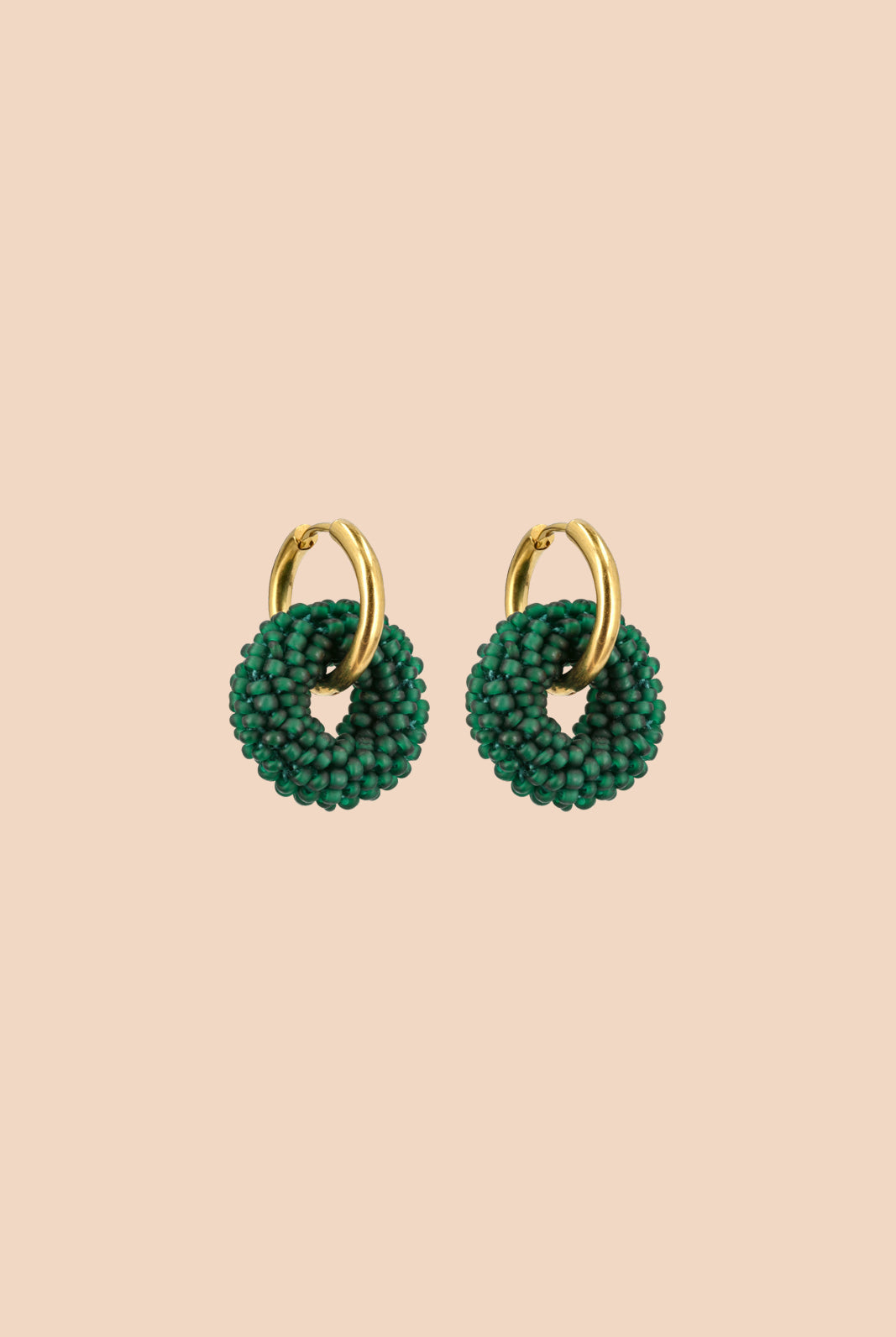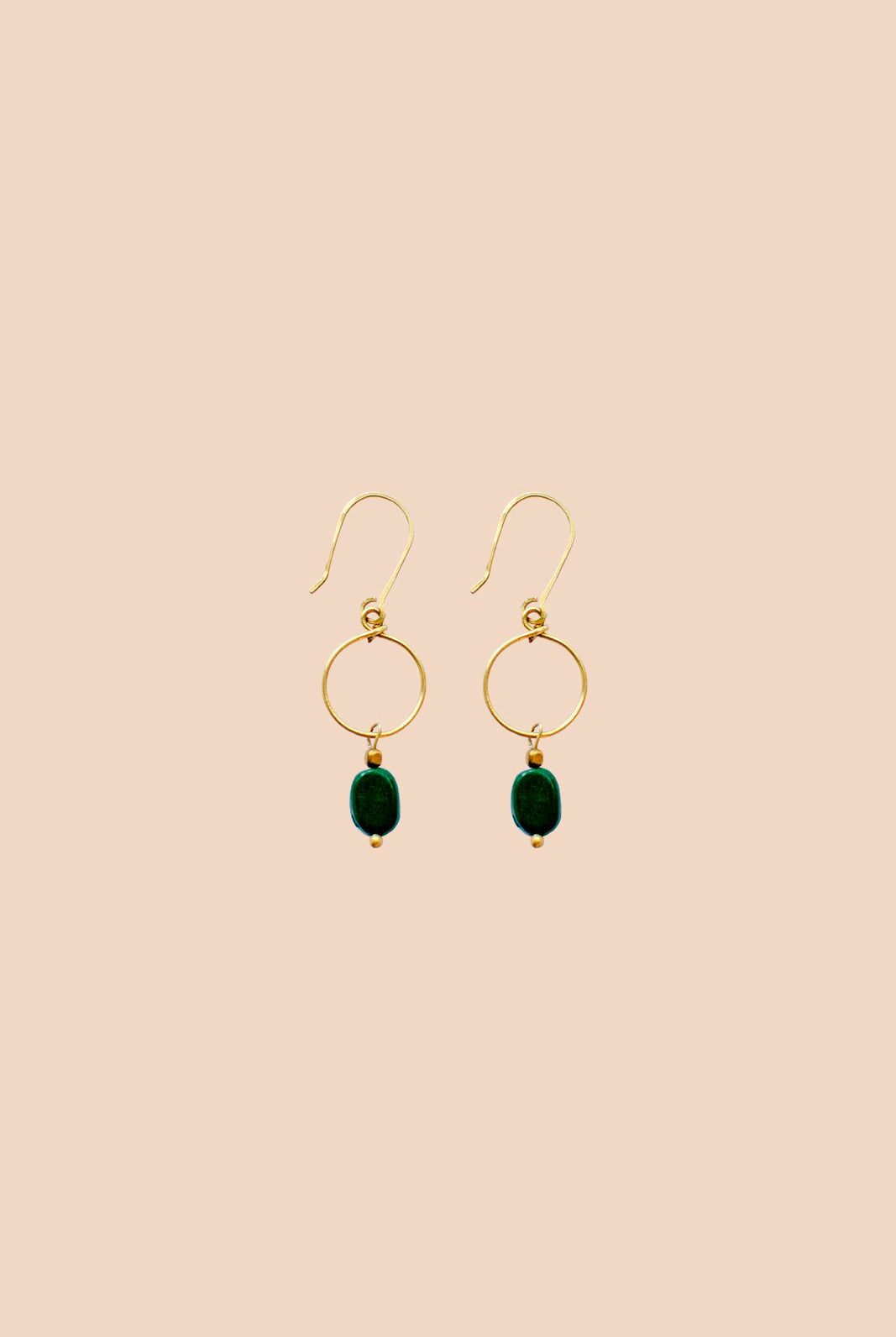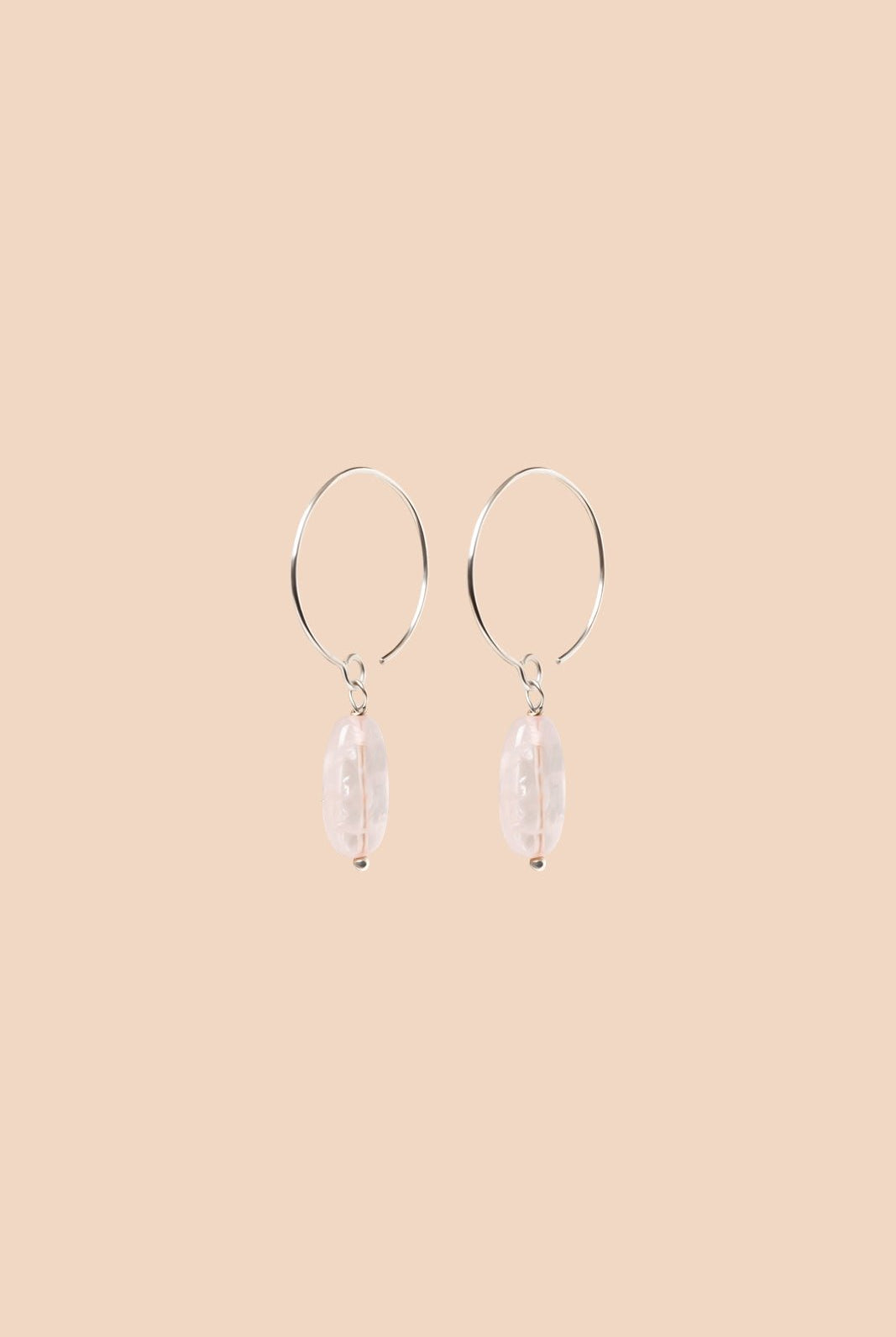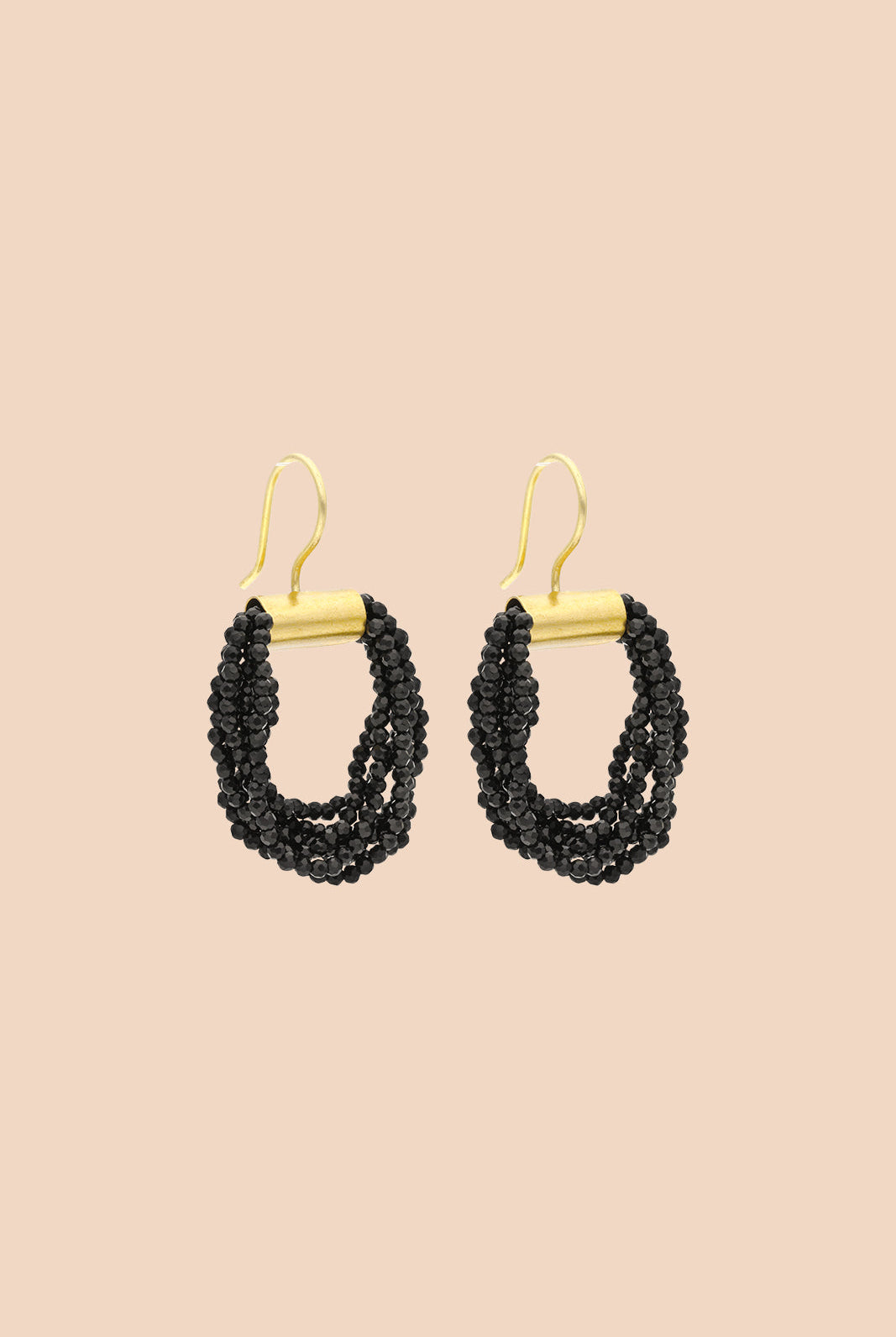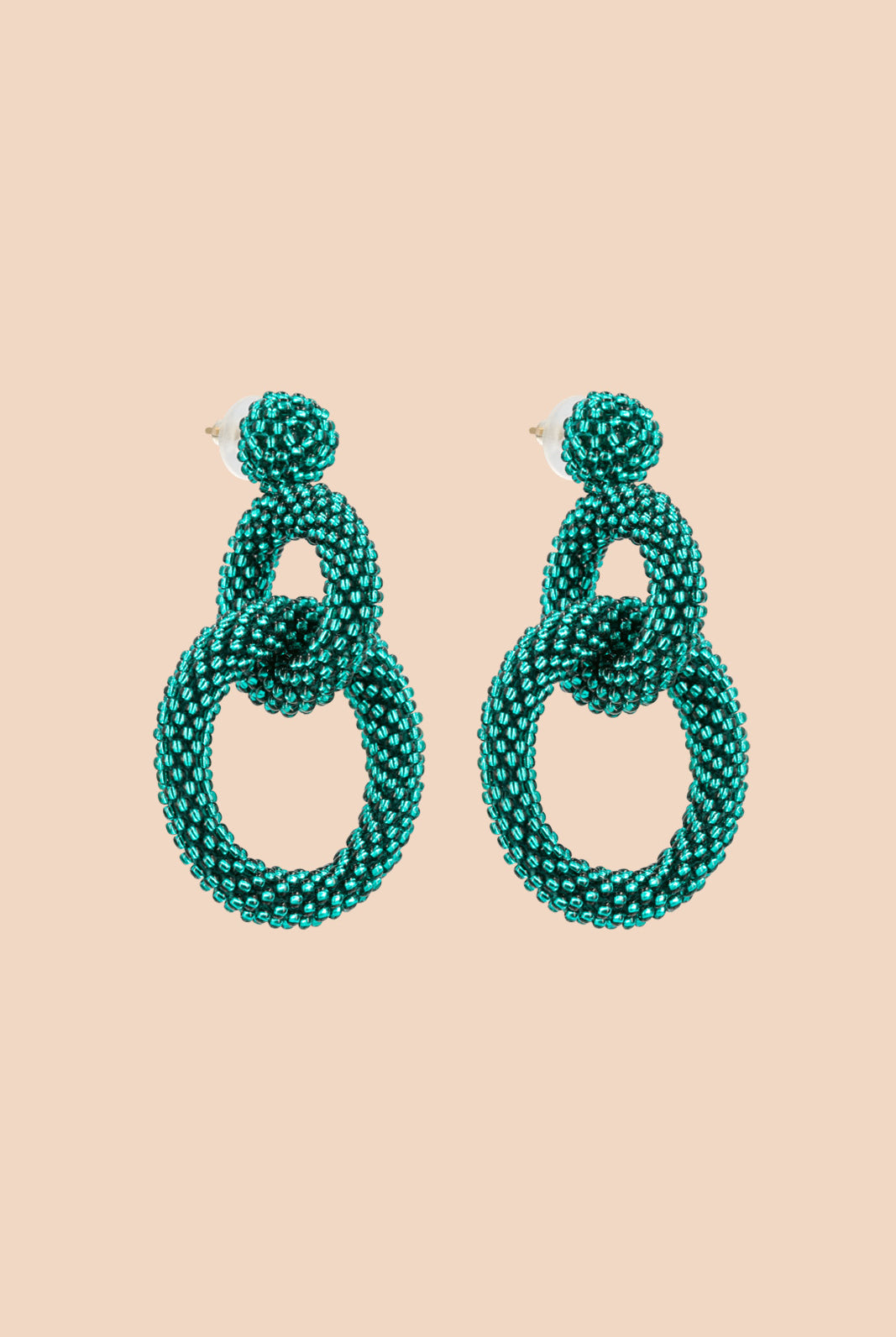Greetings from our project village Ghusel, Nepal. Own livelihood strengthens the role and appreciation of women both in their family and in their community. Research has shown that helping women is one of the most effective ways to sustainably increase equality and well-being. Happy Equality Day and thank you for joining Kaiko's journey.

Subadhra Timalsina is a 45-year-old mother of two adult children living in the village of Ghushel in the Lalitpur district of Nepal. In addition to Subadhra's husband, the husband's parents live on the farm. Subadhra's spouse works as a teacher in a nearby school.
Cauliflower, beans, cucumber and mustard are cultivated on the farm located in the mountain village . There are three buffaloes as domestic animals, from which we get about 10-11 liters of milk per day. In addition to Subadhra, her parents-in-law and her husband take part in the care of the crops and buffaloes during his time as a teacher.
Subadhra has been married for 30 years and the marriage was arranged, which is still a common practice, especially in rural Nepal. Although Subadhra did not know her future spouse beforehand, she says that her marriage is happy.
Subadhra's days are full of work, and she usually wakes up around five in the morning. The daily chores are varied, they include collecting food for the buffaloes from the forest, feeding the animals and cleaning the barn, working in the fields, preparing meals and keeping the house tidy. Subadhura hardly has any free time left.
Subadhra is a member of the women's group of the cooperative supported by the Women's Bank operating in the village of Ghuseli and has received training in farming skills there.
- Previously, all the income from the farm went to my husband and I had to ask him for money, but after getting the training, I have started managing the farm independently. I have learned a lot of new things about farming, and the work has become more professional. Now I know much more about new, more efficient farming techniques, Subadhra says, proudly showing off the seed dryer in the yard.
The products grown on the farm are taken daily by Subadhra to the common collection point of the village, from where they are taken to nearby towns for sale.
Subadhra is now satisfied with his life. In the future, he hopes to be able to get more training and expand the farms.
- Now I have no complaints in life. I am happy that I have been educated, and my awareness of both issues related to farming and women's rights has increased. - Belonging to the group means a lot to me, he adds.
Photo: Maria Miklas Text: Tiina Toivakka








